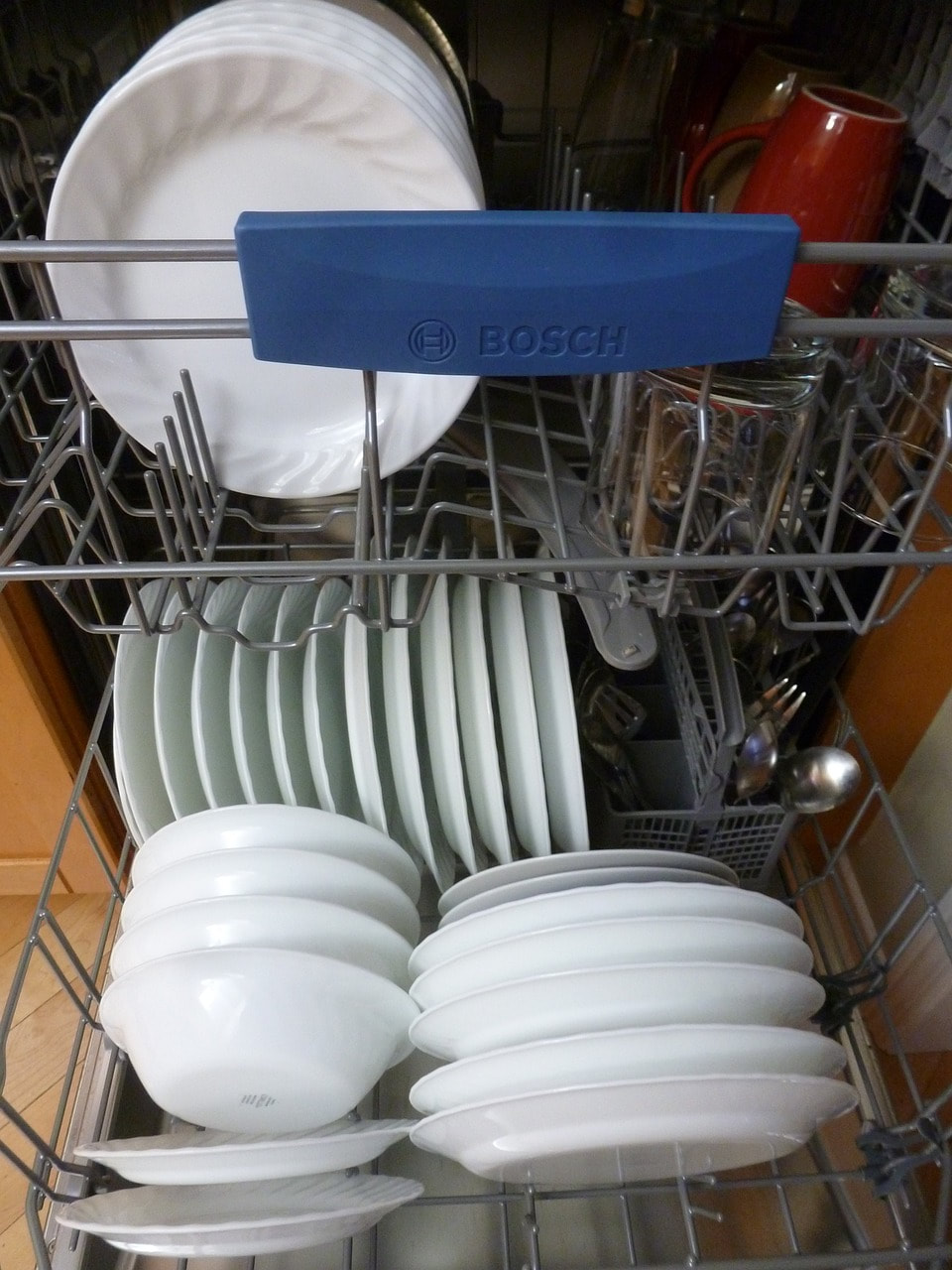How Energy-Efficient Dishwashers are Transforming Kitchen Cleanup
1. Understanding Energy-Efficient Dishwashers:
Energy Star Certification: ENERGY STAR certification signifies that a dishwasher meets strict energy efficiency guidelines set by the Environmental Protection Agency (EPA). Dishwashers with this certification are designed to use less energy and water without sacrificing performance.
Key Features: Energy-efficient dishwashers often include advanced features such as soil sensors, which detect how dirty dishes are and adjust the water usage and cycle length accordingly. They may also have adjustable racks to accommodate different dish sizes and multiple wash cycle options for versatility.
Environmental Impact: Energy-efficient dishwashers help reduce water and energy consumption, thereby lowering utility bills and conserving valuable resources. By using less water and energy per cycle, these dishwashers contribute to a more sustainable lifestyle and help mitigate environmental impact.
Size and Capacity: When selecting a dishwasher, it's essential to consider the size and capacity that best suit your household's needs. Larger families may require dishwashers with higher capacities, while smaller households or apartments may opt for compact models.
Built-in vs. Portable: Built-in dishwashers are permanently installed under kitchen countertops and offer a seamless look. Portable dishwashers, on the other hand, can be moved around and connected to a kitchen faucet when needed, making them ideal for renters or those with limited space.
Design and Finish: Energy-efficient dishwashers come in various designs and finishes to complement different kitchen aesthetics. Stainless steel is a popular option for its durability and modern appearance, while fingerprint-resistant finishes help maintain a cleaner look over time.
Water Conservation: Energy-efficient dishwashers optimize water usage by employing efficient spray patterns and filtration systems. Soil sensors detect the level of dirtiness on dishes and adjust water usage accordingly, minimizing waste.
Energy Savings: These dishwashers consume less energy than traditional models by incorporating features such as shorter cycle times, delayed start options, and energy-efficient heating elements. Some models even use heat exchangers to recycle heat from the wash cycle, further reducing energy consumption.
Performance Benefits: Despite using less water and energy, energy-efficient dishwashers deliver excellent cleaning performance. They often operate quietly, thanks to advanced insulation and sound-dampening materials, and offer customizable wash cycles to suit different load types.
Proper Installation: Dishwasher installation should be performed according to manufacturer guidelines to ensure optimal performance and efficiency. This includes proper plumbing connections, leveling to prevent leaks or vibrations, and securing the dishwasher in place.
Maintenance Practices: Regular maintenance is essential to keep energy-efficient dishwashers running smoothly. This includes cleaning filters regularly to prevent clogs, inspecting door seals for signs of wear or damage, and avoiding overloading the dishwasher to maintain proper water circulation.
Troubleshooting: Common issues with dishwashers, such as poor cleaning performance or water leakage, can often be resolved with simple troubleshooting steps. This may include checking for debris in the spray arms, ensuring the dishwasher is level, or cleaning the door gasket to maintain a tight seal.
Cost Savings: Over time, using an energy-efficient dishwasher can lead to significant cost savings on water and energy bills. By consuming less water and electricity per cycle, these dishwashers offer tangible financial benefits to homeowners.
Environmental Benefits: Switching to energy-efficient appliances, including dishwashers, contributes to environmental conservation by reducing greenhouse gas emissions and conserving water resources. The cumulative impact of using energy-efficient appliances can help mitigate climate change and promote sustainability.
Return on Investment: While energy-efficient dishwashers may have a higher upfront cost compared to conventional models, the long-term return on investment is substantial. The savings realized from lower utility bills, coupled with the environmental benefits of reduced resource consumption, make energy-efficient dishwashers a wise investment for both homeowners and the planet.
Learn more about best modern dishwashers at The Reno Guy Reviewer → https://therenoguyappliance.wordpress.com
Find out more about cleaning kitchen appliance on our website → https://www.therenoguy.com/cleaning
How Energy-Efficient Dishwashers are Transforming Kitchen Cleanup was originally published on https://therenoguy.weebly.com/ visit our site The Reno Guy



